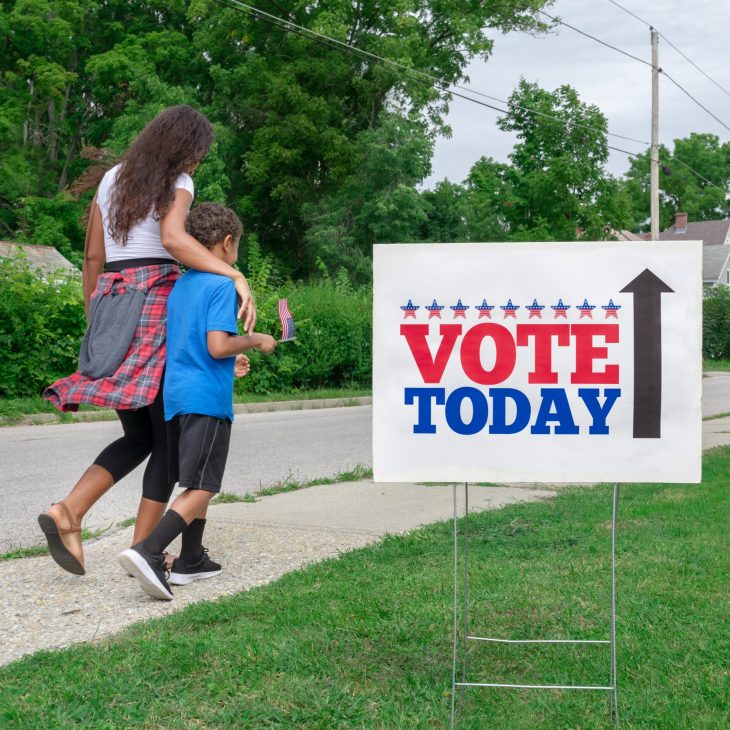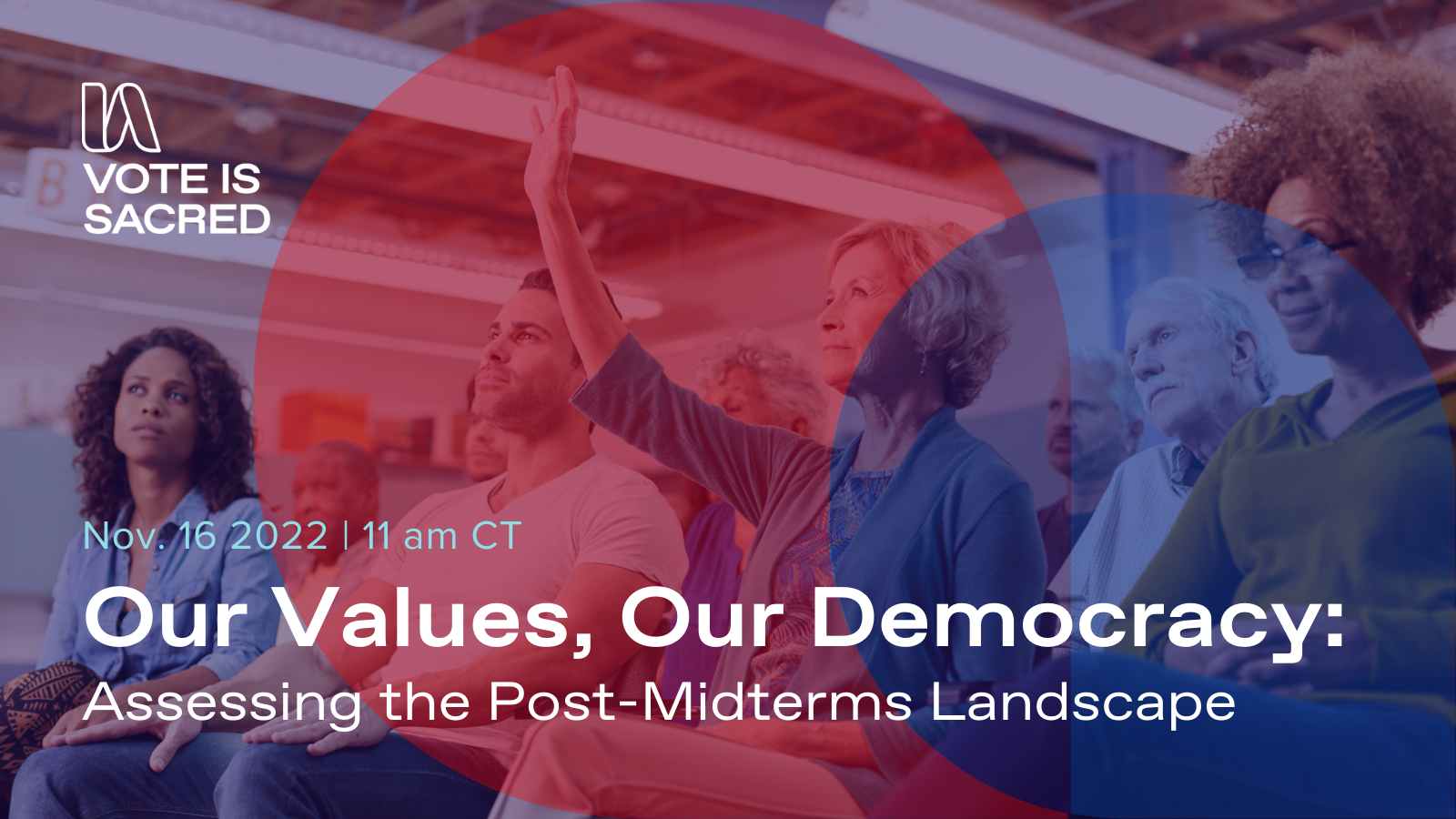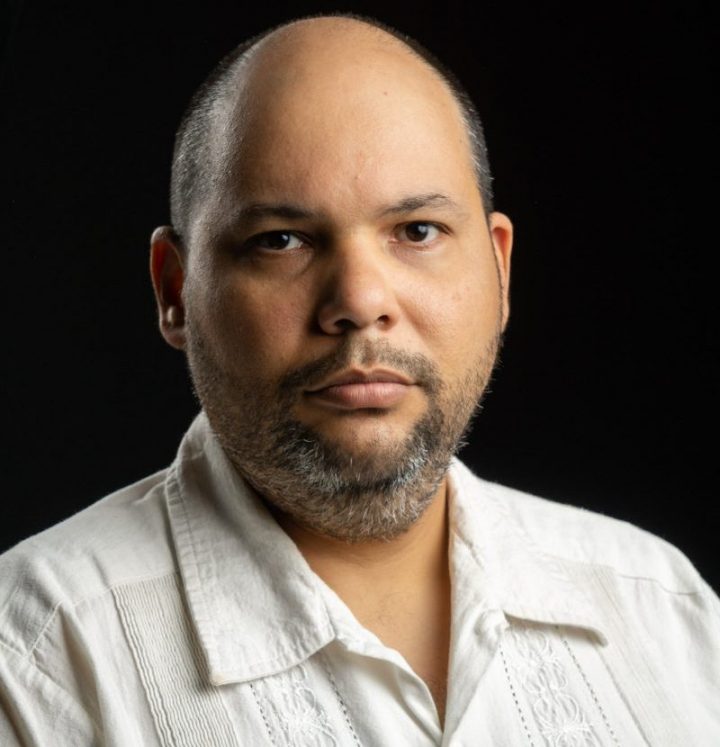Vote With Your Full Self: A Humanist View
November 4, 2022

As a Humanist, I don’t consider anything sacred in a supernatural sort of way.
But there are things that transcend us as individuals. For me, voting is one of those few sacred things I have as a Humanist. As Election Day approaches and I hold my mail-in ballot in my hand, I think about what voting means to me. Why it is so important? But my identity is more than my lack of religious beliefs, and so different parts of it influence how I vote.
As a political scientist, I am aware that my individual vote has a small probability of making a difference, of being decisive in an election … until it does. Until you live it. In Montgomery County, Maryland, where I live, the 2018 and 2022 Democratic primaries for County Executive were decided by a few dozen votes each time. Had 100 people in a county with three-quarters of a million voters (nearly half a million Democrats) decided to stay home or vote differently, the results may have been different. More often than not, an individual vote will not be the deciding factor in an election or anything close to it. However, voting is not just an individual action but a collective one.

When I vote, I connect with hundreds, thousands, or millions of fellow Americans (depending on the jurisdiction). These Americans may or may not share my ethnicity or my religion (or lack thereof). Sometimes we may not completely agree on policy preferences. Some may be more conservative than I am on an issue; they may be more liberal. But somehow, we came to the same conclusion: to vote for the same candidate(s), to support or reject the same initiatives.
I connect with fellow Humanists or with the wider community of nonreligious Americans. I vote to support their right, our right not to worship. I vote so they/we are safe from persecution from the growing threat of Christian nationalists attempting to take over governments all over the country. We may not agree on everything: from the existence of God, the value of prayer, or the supernatural, but they are my community.
As a Latino, I may not agree with other fellow Latinxs on many things, especially when it comes to religion. But I also want a world where we can feel free to speak whatever language we want, practice any religion, and feel free from persecution and discrimination.
Share
Related Articles
American Civic Life
Interfaith America Interview
Racial Equity

Webinar
Our Values, Our Democracy
Join Interfaith America for this dynamic panel conversation on November 16!
Watch NowAs a parent, I vote for good schools and well-paid teachers. I vote for public spaces where children can play safely and freely. I vote so my child can have a world full of color, art, and beauty.
As an American, I vote, so women have the freedom to make their own life choices. I vote to protect our environment so future generations can continue living on the planet. I vote so we can continue having elections well into the future.
I have marched, protested, and signed petitions in my life because there are other ways of taking action besides voting. I have also registered voters, driven people to polls, manned polling places and served as a translator on Election Day. These actions are not incompatible. I vote to select who will run the government for a specific time period, but after the elections are done and whether my preferred candidates are elected or not, I want those officials to know I haven’t forgotten what I voted for. But it all starts with voting.
Ultimately, I vote because it gives me a voice, makes me part of a larger conversation, and helps me form bonds with total strangers. It all comes back to my Humanism – before I was openly atheist or even knew what Humanism was like, my Humanist values of compassion and kinship guided my candidate and policy choices. My vote is prospective: I vote for a better future, not to continue the status quo, not to return to an idyllic, unspecified past. I vote because I don’t pray.

Juhem Navarro-Rivera
Juhem Navarro-Rivera is a political scientist who specializes in American and comparative political behavior. Dr. Navarro-Rivera has a diverse work and research portfolio. He is currently the Political Research Director and Managing Partner at Socioanalitica Research, a consulting firm that helps organizations and businesses that are led by or that serve people of color with research and analysis tools that help them better fulfill their missions.



